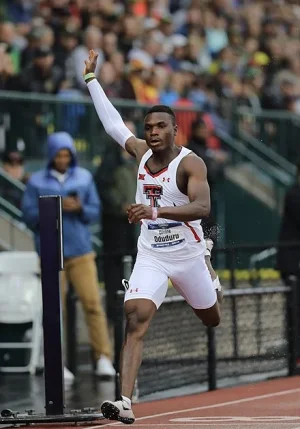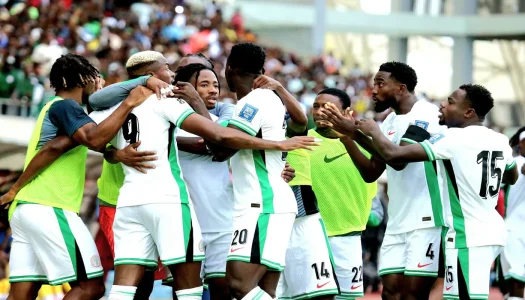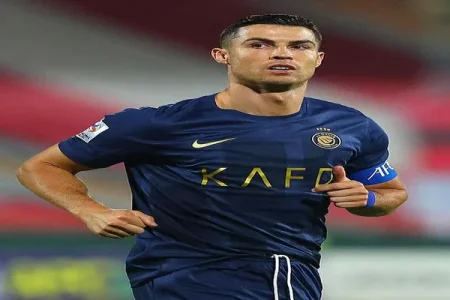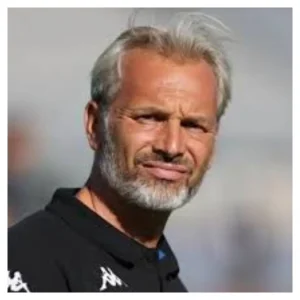
Image Credit: Jenaragon94
In recent years, several Nigerian athletes have faced doping controversies, tarnishing the nation's reputation despite their remarkable performances on the national and global stages. The problem became evident in 2021 when ten Nigerian athletes were declared ineligible for the Tokyo 2020 Olympics due to their failure to meet anti-doping testing requirements, set by the Athletics Integrity Unit (AIU).
The bans elicited a range of reactions, including anger, disappointment, sympathy, and criticism. Some athletes attributed their disqualifications to the negligence of the country's sports administrators, leading to protests in Tokyo. Minister of Youth and Sports Development, Sunday Dare, offered apologies to the affected athletes and pledged an investigation into the circumstances of their disqualification.
Notable Nigerian athletes who have been banned for doping violations in recent years include Divine Oduduru, a sprinter banned for six years for multiple doping violations, linked to teammate Blessing Okagbare's similar case.
Tosin Adeloye, an African junior 400m champion, received an eight-year ban after twice testing positive for the anabolic steroid methenolone.
Vivian Chukwuemeka, a shot putter, faced a lifetime ban for repeated stanozolol violations. Henry Azike, a little-known sprinter, received a lifetime ban for multiple methenolone violations. Chinazom Doris Amadi, a long jumper and gold medalist at the 2015 African Games, was stripped of her medal and banned for four years.
Weightlifter Chika Joy Amalaha was banned until 2027 for repeated methenolone violations. Lastly, sprinter Blessing Okagbare was banned for 11 years for doping and failure to cooperate with the investigation.




